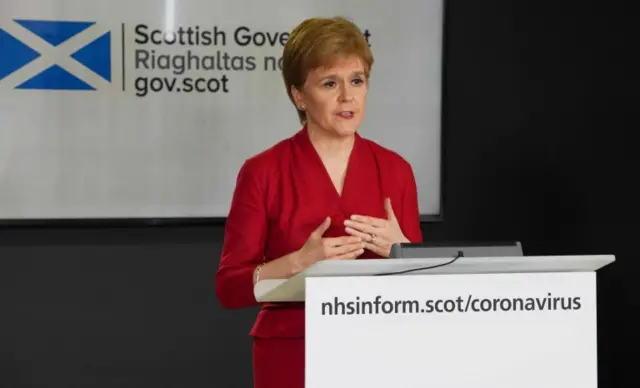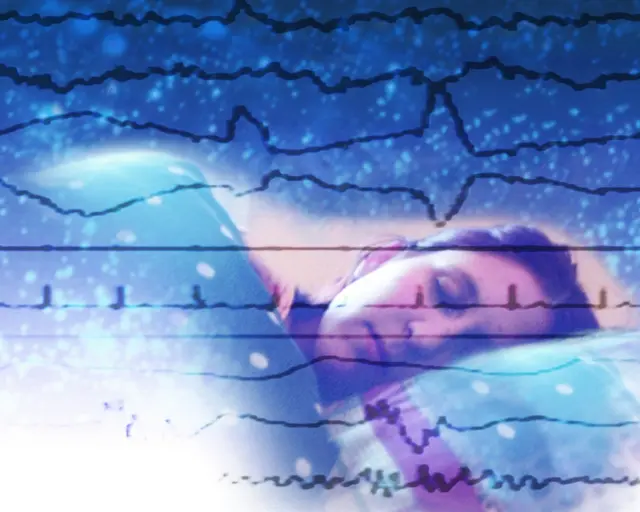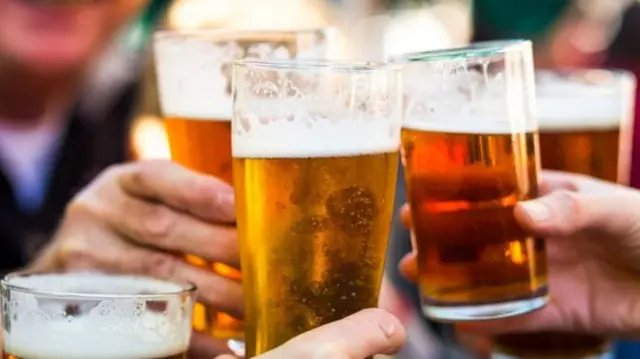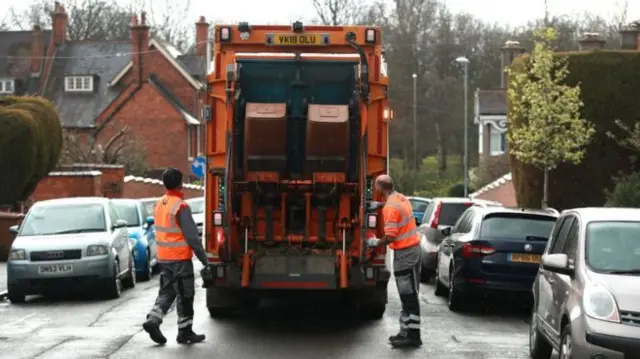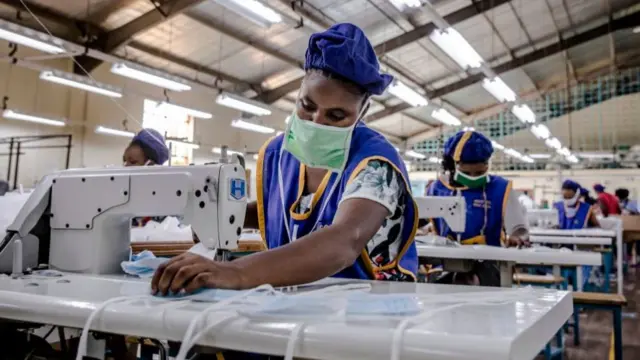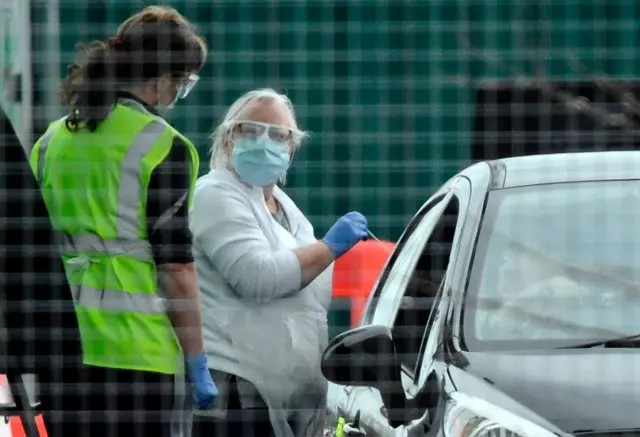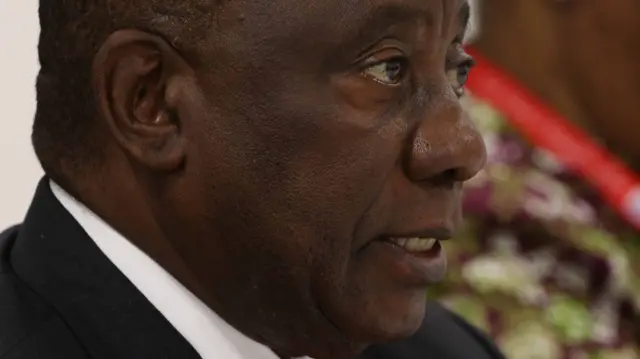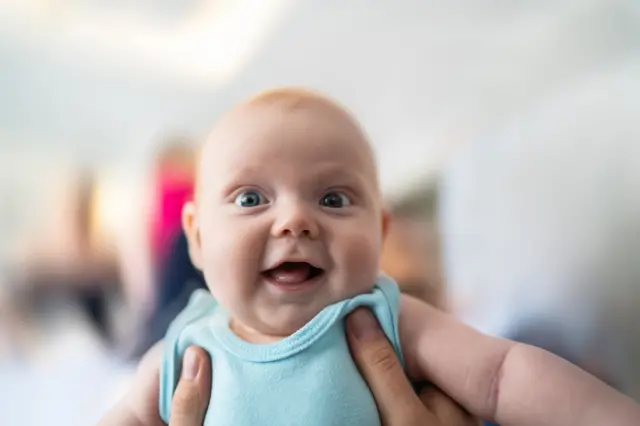Sturgeon urges people to stay at home over Easterpublished at 12:43 BST 10 April 2020
After paying tribute to emergency workers who are dealing with the crisis, the first minister again urges people to stay at home over the Easter weekend.
She acknowledges that this will be difficult for everyone as Easter is normally a time to see friends and to get out and about, but she warns: "None of that will be possible".
“We cannot allow ourselves to become complacent against this virus and end these measures prematurely," Ms Sturgeon adds. "If we do that, we risk undoing all of the work we have put in so far and we would risk seeing the virus spread out of control, potentially very quickly.”
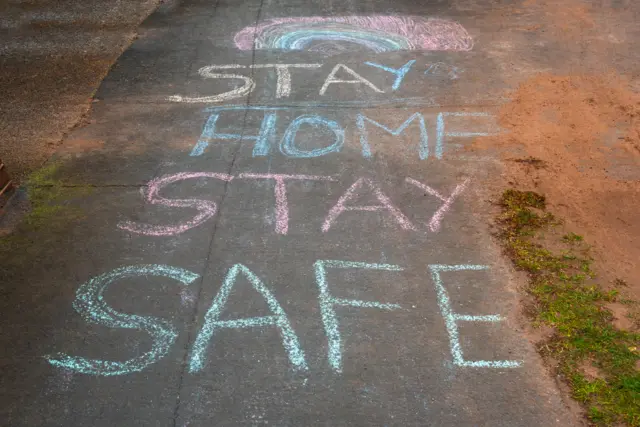 Image source, Getty Images
Image source, Getty Images